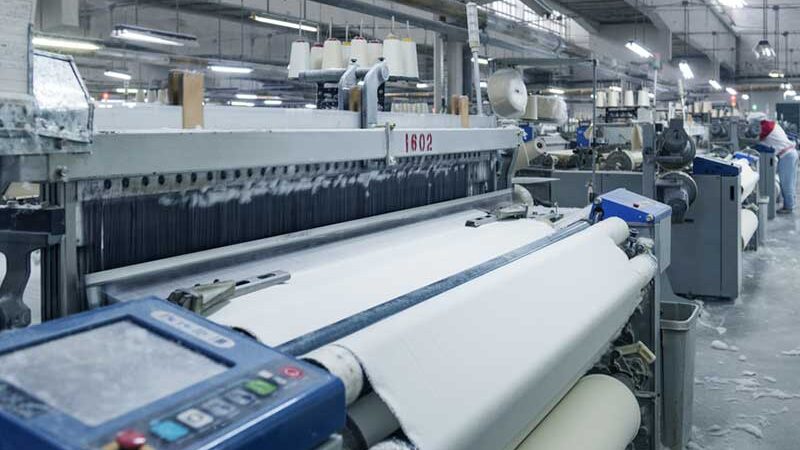In the dynamic world of textile manufacturing, where precision and efficiency are paramount, the role of machine maintenance cannot be overstated. Textile machines are the backbone of the industry, performing intricate operations that transform raw materials into the fabrics we use in our everyday lives. Ensuring the proper functioning of these machines through regular maintenance is not only crucial for business continuity but also for producing high-quality textiles. Let’s delve into why textile machine maintenance is of paramount importance.
Sustained Efficiency and Productivity
Textile manufacturing is a finely tuned process that involves the coordinated effort of various machines. Any malfunction in one machine can cause a ripple effect, leading to disruptions in the entire production line. Regular maintenance ensures that each machine operates at its optimal level, reducing the chances of breakdowns and minimizing downtime. This translates to sustained efficiency and productivity, allowing manufacturers to meet deadlines and customer demands without compromising on quality.
Cost Savings in the Long Run
Neglecting machine maintenance might seem like a short-term cost-saving strategy, but it often results in higher expenses in the long run. When machines are not properly maintained, they are more prone to wear and tear, leading to breakdowns that require expensive repairs or even replacements. Scheduled maintenance, on the other hand, helps identify potential issues before they escalate, saving manufacturers from costly emergency repairs and production losses.
Consistent Quality Output
The textile industry is driven by consumer demand for high-quality products. Whether it’s clothing, home textiles, or industrial fabrics, maintaining consistent quality is essential for customer satisfaction and brand reputation. Well-maintained machines contribute to producing textiles with uniform characteristics, such as texture, color, and strength. This consistency not only meets customer expectations but also minimizes rejected products due to defects.
Safety of Workers
Textile manufacturing involves working with powerful machines that can pose safety risks if not properly maintained. Regular maintenance ensures that safety features are functional and that machines are in compliance with relevant regulations. Creating a safe working environment is not only an ethical responsibility but also a legal obligation that protects the well-being of employees.
Conclusion
In the intricate dance of textile manufacturing, where fibers transform into fabrics of various textures, colors, and functions, machine maintenance takes center stage. The importance of this practice extends beyond the factory floor, influencing everything from business profitability to product quality and worker safety. By investing in regular maintenance, textile manufacturers ensure the longevity and efficiency of their machines, enabling them to navigate the ever-evolving landscape of the textile industry with confidence and success.
